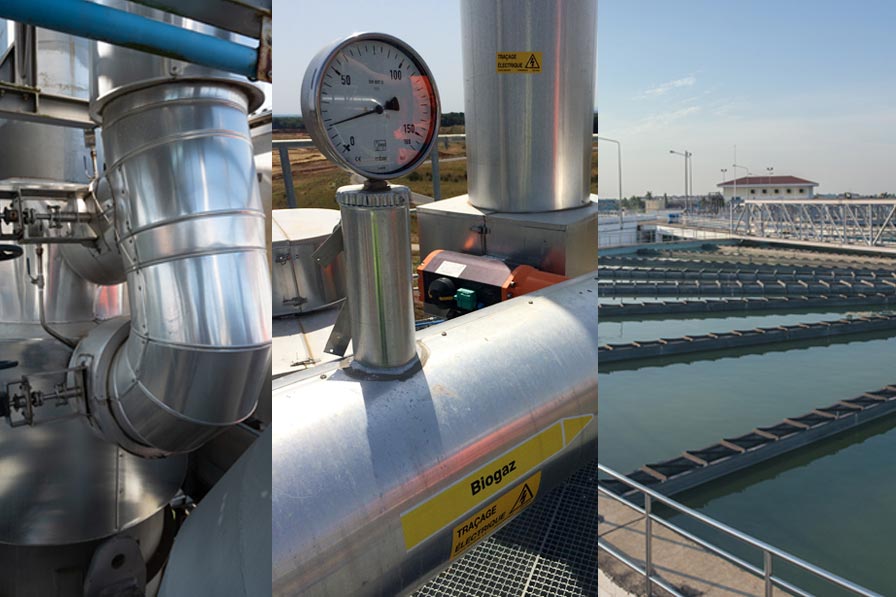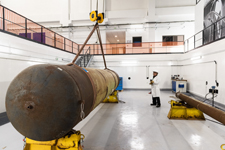Biomethane in the Paris region to power RATP buses
Ile-de-France Mobilités and RATP are engaged in a major technological and ecological change: converting the entire fleet of buses operated by RATP to biomethane, hybrid and electric systems by 2025.
Called “Bus 2025”, the ambitious programme of RATP and Ile de France Mobilités plans to convert 50% of its fleet of buses to biomethane by 2050. Biomethane is a fuel produced from agricultural residues or biowaste. In short, a 100% renewable fuel from the circular economy!
Watch the video to learn more:
Presentation of Bus 2025 and the resulting circular economy
To accompany this industrial challenge, GRTgaz is fully engaged alongside Ile-de-France Mobilités and RATP to connect the RATP bus centres to its network.
13 bus centres are converted to receive biomethane buses, of which 7 to 9 connected to the GRTgaz network (the other bus centres are connected to the GRDF network): Créteil, Bussy, Massy, Nanterre, Thiais, Aubervilliers, Pavillons, Flandre, Ivry, Saint-Denis, Saint-Maur and Fontenay-aux-Roses, Villiers-le-Bel.
Currently, 4 bus centres are connected to the GRTgaz transmission network in Creteil, Bussy-Saint-Martin, Thiais and Nanterre. In 2022, the work of connecting to Pavilions-sous-Bois, Pantin and Villiers-le-Bel will begin.
Biomethane is:
- a gas produced locally, 100% renewable,
- the fruit of the circular economy, as it is produced from agricultural waste or biowaste,
- a fuel classified as Crit’Air 1 (-70% NOx; -95% fine particulates compared to diesel).

